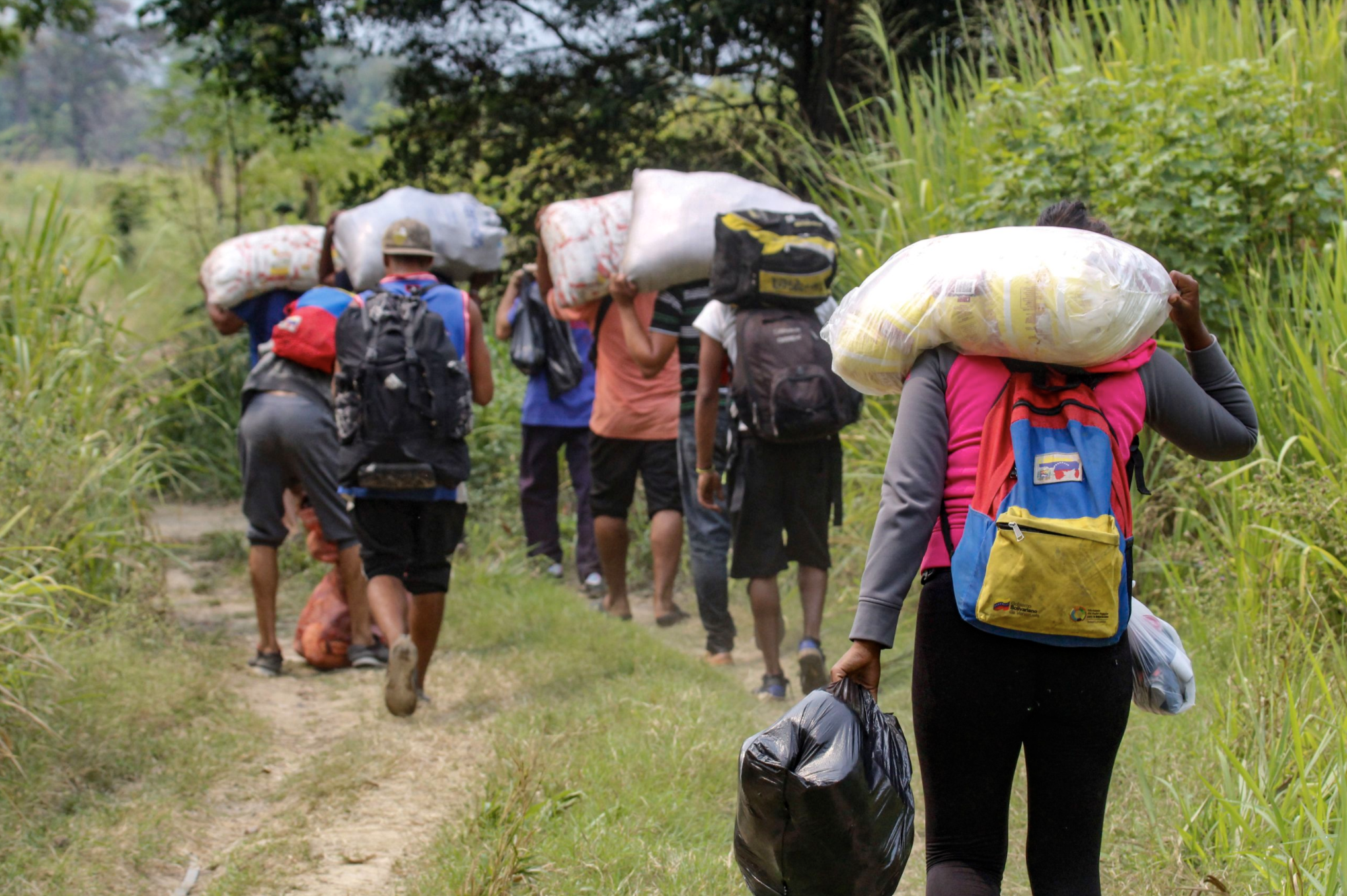On May 2, I left Bogotá because I was left without a job and without money to pay the rent for the room I was living in. I had been living in Colombia for almost two years and I enjoyed it, despite the estrangement from my family and my own apartment in Venezuela. I had learned to put all of that behind me, letting go of those longings as if they were an unnecessary burden.
I made new friends. I bought books. I attended cultural and literary events. I focused on my work and moved on. From time to time, I missed some small aspects of my old home life, but the dynamism of Bogotá's activities helped me stay focused on what was important. And when it seemed that I had reached some sort of stability, the whole world seemed to stop due an unknown disease.
At first, it was a distant issue, on the other side of the planet, on a different continent; but it managed to cross the Atlantic and spread itself out among us. Then, the preventive and mandatory lockdown began and everything closed down the weekend of March 21—first only in Bogotá as a trial organized by City Hall, and then throughout the country following the presidential orders. The halt seemed permanent, and I firmly came to that conclusion after the last meeting with my boss. We usually met for about half an hour each morning to discuss the day's activities. Our morning meeting on Friday, April 24, was going to pan out differently. I sensed it when my boss said that we should talk about my work; not that he had complaints about my job performance but,
"The publishing house," he said, "is operating at half capacity, you know that."
“Yes, of course.”
“This whole situation pushes us to make very difficult decisions, believe me. Very difficult.”
"Are you going to fire me?" I asked.
My boss took a deep breath before nodding slowly, still looking at me.
"And not just you," he said, "we have to cut half of the staff. We can't pay everyone. There is no money. And those who stay will have to accept a reduction in pay. There isn’t anything more we can do. I'm truly sorry. We were very happy with your work here…”
I was a Venezuelan in a foreign country, still without the necessary documentation to legally work. Despite that, I was working in a field that I liked and knew how to do well, and it was at a large publishing house, but the circumstances were not in my favor nor in that of many others, as I later found out.
It was like a silent and collective guillotine. With the city closed, the possibilities for any informal work were reduced to zero. There was nothing we could do to get enough money to pay for food, utilities, or rent. Many were evicted from their homes; some with a certain degree of amiability, while others were dealt with in a bad way, with insults and blows. It seemed that Colombian tolerance had come to an end.
To continue reading in Spanish, click here.
